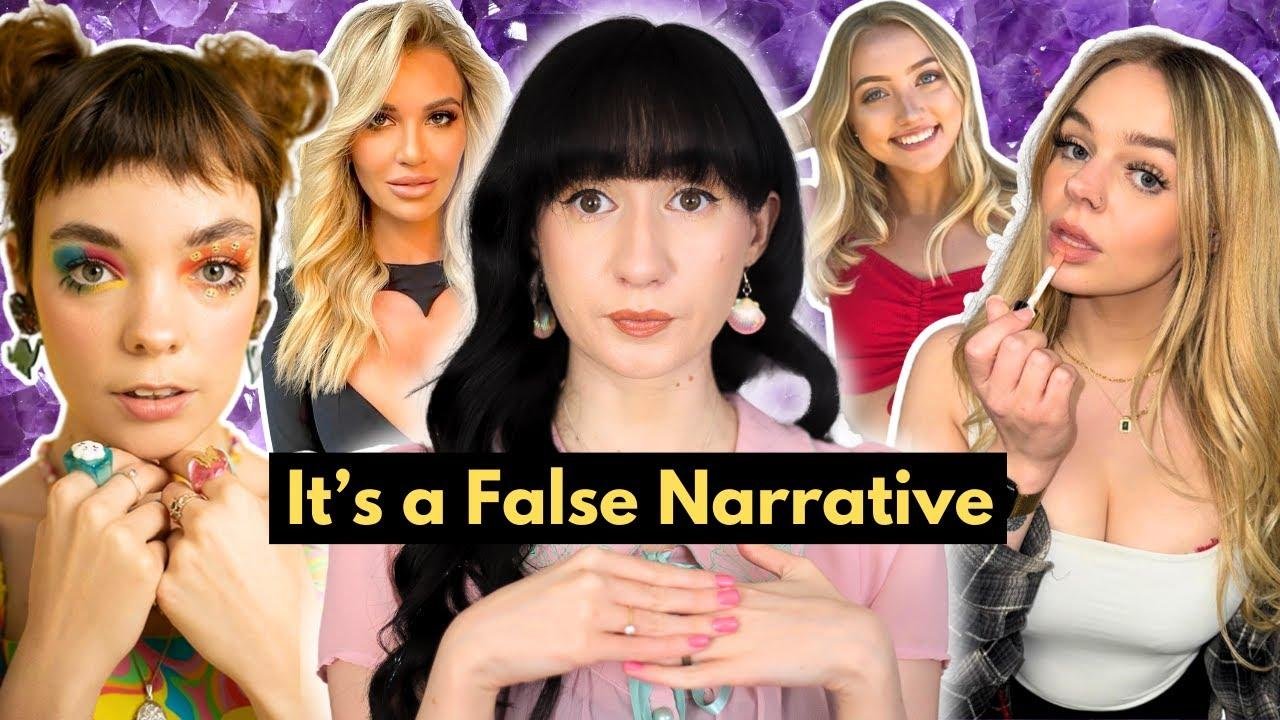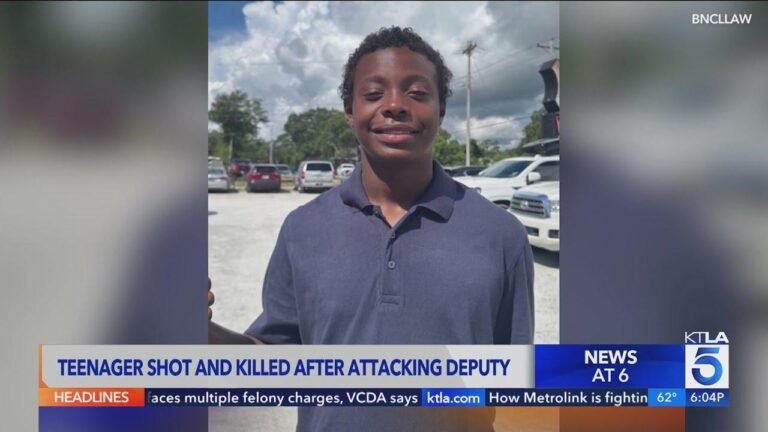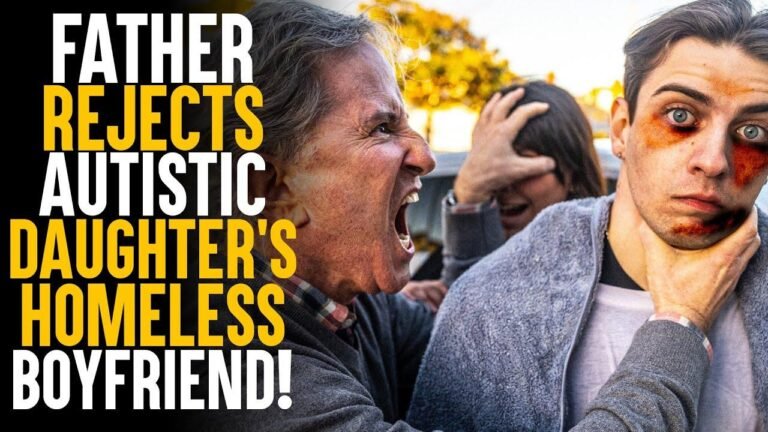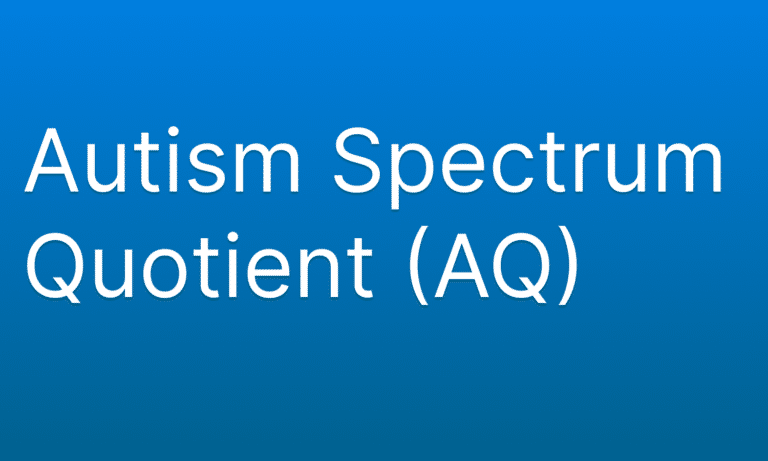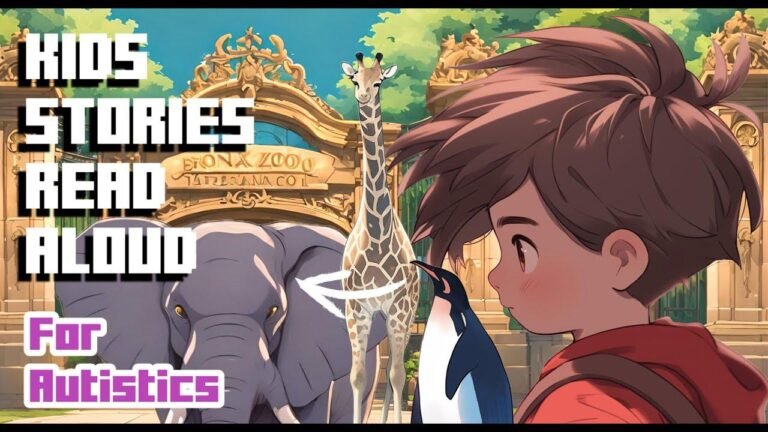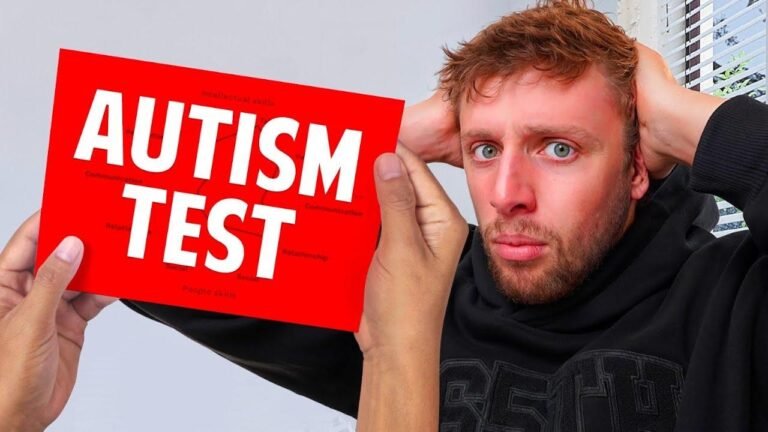Autism Influencers: Bringing Glamour to the Spectrum
TikTok’s catwalk of autism: when trending meets misunderstanding 🤯. Watching the glam squad try to beautify autism is like putting lipstick on a lion – fierce, misunderstood, and not here for your beauty standards! 💄🦁 #RealNotGlamorous
Assessing the Complex Representation of Autism in Social Media and Its Implications
The Intricacies of Portraying Autism Through TikTok Creators 📲
Emerging Trends in Social Media Representation
Social media, particularly TikTok, has given rise to influencers who shape public perceptions. This trend includes representations of autism, which can both illuminate and distort the complexities of autistic experiences.
The Role of Autism Glamorization and Its Impact
Misconceptions Promulgated by Viral Content
Misunderstandings about autism can be exacerbated by viral content, which often simplifies or mischaracterizes the nuanced reality of autism, presenting it in a superficial and often misinterpreted light.
Concerns Raised by Authenticity in Representation
Those within and connected to the autism community express concerns about the authenticity and intentions behind certain viral depictions, questioning whether these portrayals seek to educate or merely entertain.
The Social Obligations and Ethical Considerations of Influencers on TikTok 🌐
Influencers’ Responsibility in Shaping Perceptions
Given their reach and influence, content creators have a significant responsibility to present autism in a way that is accurate, respectful, and educational.
The Potential Harms of Inaccurate Representations
Inaccurate or overly stylized portrayals can reinforce stereotypes and hinder genuine understanding and acceptance of autistic individuals.
Dynamics of Audience Engagement and Response to Autism Representations 📉
Community Reactions and the Influence on Public Opinions
The way audiences respond to representations of autism can influence general understanding, potentially leading to misconceptions or greater awareness depending on the content’s accuracy.
Creator Accountability and Viewer Discernment
The dialogue between content creators and viewers is crucial in fostering a responsible ecosystem where feedback and correction regarding autism representation are encouraged.
Autism as a Spectrum: Dispelling One-Size-Fits-All Narratives 🌈
Embracing the Spectrum Nature of Autism
Understanding and communicating that autism is a spectrum are vital in challenging oversimplified narratives that fail to acknowledge the diversity within the autistic community.
Challenges of Conveying Complex Realities
The complexity of accurately depicting autism, with its wide range of manifestations and experiences, presents a unique challenge for anyone attempting to represent it authentically.
Ethical Implications and Responsibilities in Digital Narratives 📱
Reassessing the Role of Digital Platforms in Education
Digital platforms have a powerful role in education but must be wielded carefully and ethically, especially when dealing with sensitive topics like autism.
Safeguarding Against Exploitation and Misinformation
It is crucial to guard against the exploitation of autistic individuals and the spread of misinformation, both of which can be facilitated by unchecked digital content.
Future Directions in Authentic and Responsible Autism Representation 🛤️
Encouraging Diverse and Inclusive Representations
Future representations should focus on inclusivity and diversity to provide a more comprehensive understanding of autism.
The Role of Community and Expert Involvement
Engaging autism experts and community members in content creation and review can enhance the accuracy and sensitivity of representations, leading toward more ethical portrayals on social media.
| Principales conclusiones | Detalles |
|---|---|
| Social Media Influence | TikTok and other platforms deeply influence public perceptions of autism. |
| Responsibility and Ethics | Creators have an ethical obligation to portray autism accurately and responsibly. |
| Spectrum Understanding | Autism is a spectrum, and representations should reflect its diverse manifestations. |
| Educational Potential | Social media holds potential for educating the public if used responsibly. |
| Need for Authenticity | Authentic, inclusive representations are crucial to supporting the autism community. |
In conclusion, the portrayal of autism on platforms like TikTok is double-edged. It has the potential to educate and foster understanding but also the risk of perpetuating misconceptions. By promoting accurate, diverse, and responsible discourse, influencers and creators can contribute positively to the autism community’s perception and treatment.

